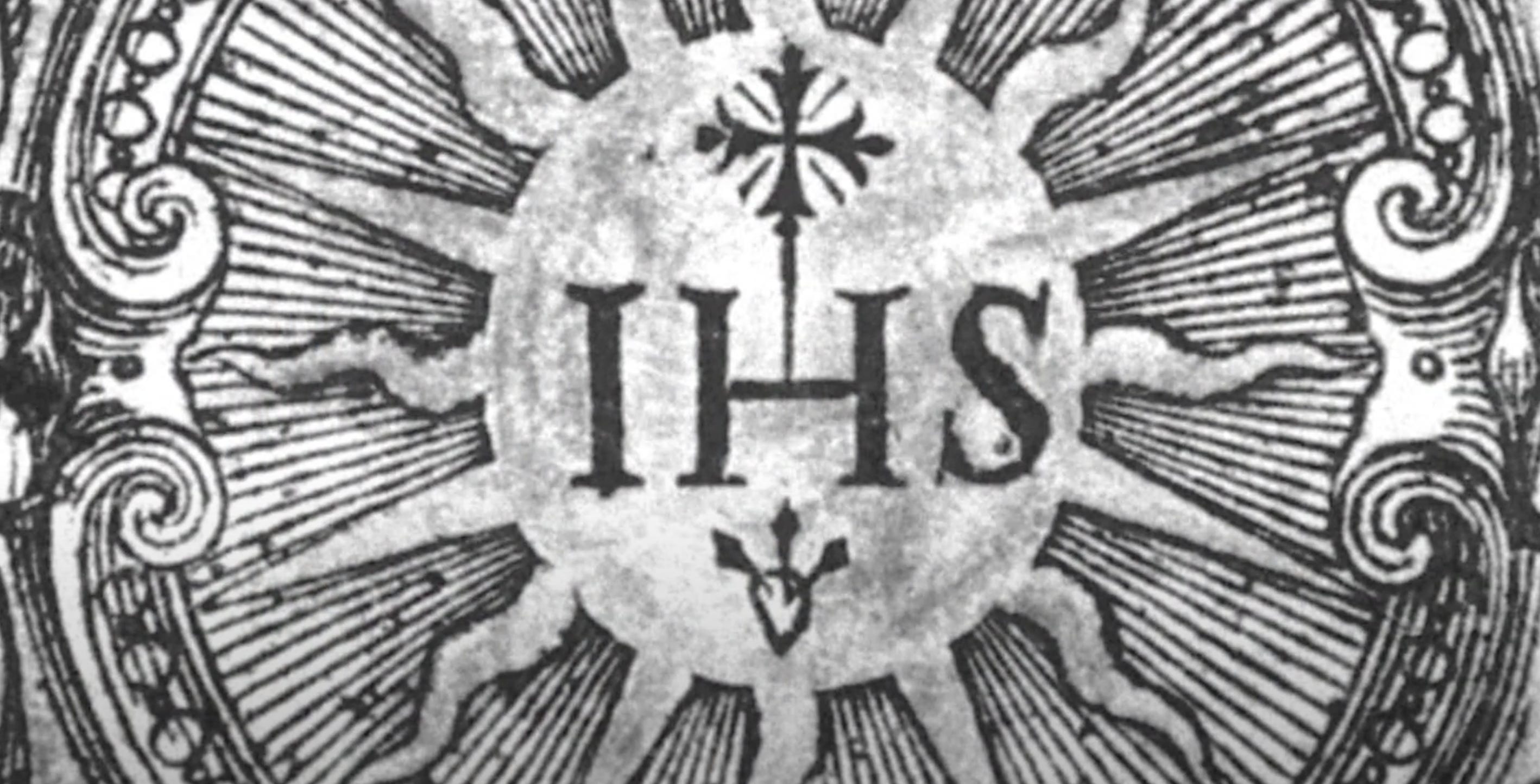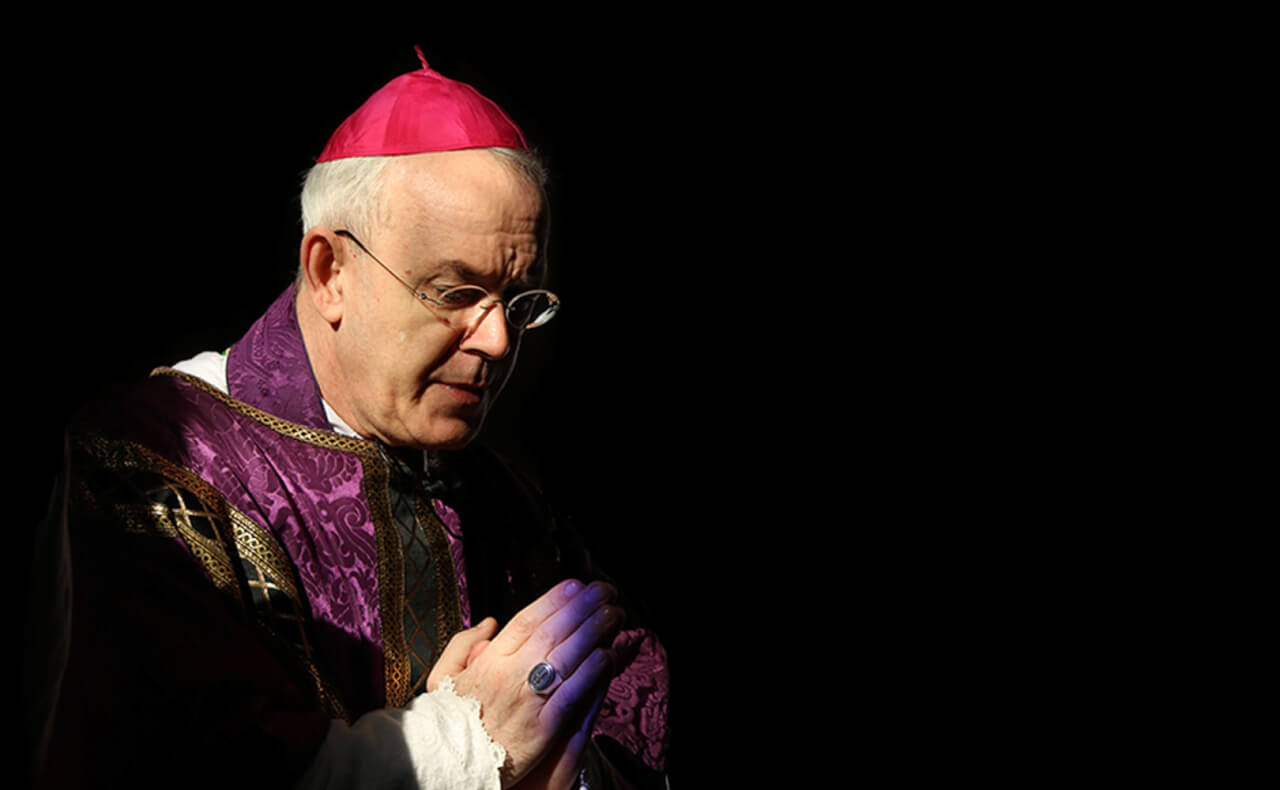How to Compare Religions
Chesterton’s classic The Everlasting Man is an attempt to show that Christianity is the one true religion. His main argument comes in two steps. First, he compares mankind to all other animals and finds that mankind is radically unique. Thus, man is more than a mere animal; there is a spiritual element in him. Second, […]



Chesterton’s classic The Everlasting Man is an attempt to show that Christianity is the one true religion. His main argument comes in two steps. First, he compares mankind to all other animals and finds that mankind is radically unique. Thus, man is more than a mere animal; there is a spiritual element in him. Second, Chesterton compares Christ to all other men. He finds that Christ is radically unique among men and among all religious founders. Thus, Christ is no mere man, and He is not just another religious leader. Instead, He is God. In the process of his arguments, Chesterton gives a useful system by which one can compare religions.
Chesterton says that we should compare religions psychologically, or by how they influence the person (Chesterton, The Everlasting Man, I.4). According to this criterion of a psychological division of religions, Chesterton says there are four types of religions in the world: monotheism, pagan myth, witchcraft, and a natural philosophy.
Monotheism recognizes and remembers that there is one God. It rejoices in His holiness, His otherness from us. In the ancient world, only the Jews maintained monotheism. Because God is so holy, so far removed from our fallen state, it is hard to maintain a monotheistic religion without revelation and strictly kept doctrines.
Pagan mythology is, according to Chesterton, the most common form of religion. He defines it as a search for God; it is man looking for the divine. Typically, due to the difficulty of maintaining monotheism apart from revelation, mythic religions are corruptions of earlier, more primordial monotheism. The mythic religions know that divinity is real and try to find it but look for God on their own and hence are doomed to a certain absurdness since we cannot “trap” God. Chesterton writes, “the [pagan] priest seems more solemn and almost more sacred than the god” (Chesterton, The Everlasting Man, I.5). Further, these mythic religions are not complete, neither do they attempt to satisfy the whole person. Thus, they are not meant to be believed in the same way that Christianity is meant to be believed. No pagan ever died rather than deny Zeus.
Witchcraft is essentially a bid for power. It seeks to control supernatural powers in some way and benefit from them. Witchcraft notices that if one makes a deal with the devil, it works. Dark supernatural powers (i.e., demons) are real and will help you become rich and powerful in this life, if you sell your soul to them. Thus, witchcraft is a practical religion for those seeking results in this life.
Philosophy is another kind of religion. Chesterton names belief systems such as Confucianism as philosophic religions. Properly speaking, he says these are hardly religions and are more concerned with offering wisdom about leading a good life. They are not very concerned with the supernatural. In most of antiquity, Chesterton explains that philosophy and religion (usually mythic paganism) were simply two separate things that coexisted alongside each other.
When Chesterton considers how Christianity fits into this system of dividing religions, he notes that it entirely destroys the division. Christianity is certainly a monotheism. It is the proper fulfillment of Judaism. The other major monotheistic religion, Islam, was originally thought to be a Christian heresy, a simplification of Christian monotheism which was too complicated due to the revelation of the Trinity. But Christianity also fulfills mythic religions since it is a story of God coming to earth. Instead of humans telling stories about God, God came and lived among us. God found us. This creates a new story which is the Gospel, the story of Christ’s life on earth.
Christianity is also eminently practical. The greatest issues we face are sin and death. Christianity offers definitive solutions to these critical problems. It is not very practical if you just want to get rich, but if you want to be happy and have eternal life then it is very practical. Further, Christianity is a belief. It has a tightly guarded creed. And it is this creed, and the truths it contains, which protect its advanced trinitarian monotheism, the authenticity of its story, and its practical benefits.
Christianity is radically unlike all other religions because it combines things they separated: God and story, story and usefulness, truth and religion. Christianity can hardly be compared to any other religion because it is so different from any of them in what it is and claims to accomplish.
Beyond the nature of the religion, Christ, the founder of Christianity, is radically unlike all other religious founders. His origin story, His birth in the stable on Christmas, is not an especially strong story. It is a humble birth. Christ claimed to be God come to live among men, not as a glorious king, but as a humble carpenter from a small town. The humility of His birth and early life matches the humility that the Incarnation itself is.
He is unique, alone, among all founders of religion in that He claimed to be God. All other religious founders, Buddha, Abraham, Mohammad, and Confucious, merely claimed to have some philosophical or religious insight, either originating from themselves or received by revelation. Yet Christ claims that He is God, the one true monotheistic God. Even if this claim was false, Christianity is radically unique for making it.
Furthermore, most religious founders left written texts and had long careers. But Christ left us no texts (the Apostles had to write the New Testament, and there is no indication that Christ told them to write things down), and His “career” was a lightning-fast three years. Further, Christ seems to have had a clear goal in mind for His career. It was to die in Jerusalem. His main mission was not to preach and teach, although He certainly did these things, but to die for us. No other religious founder had an even remotely similar career and mission. Abraham had children; Confucious taught philosophy; Buddha taught enlightenment; Mohammad taught and conquered militarily. But Christ said that His chief act was to die and rise for us.
In all, it is almost impossible to compare Christianity to any other religion because it is so different from them. It claims that God sought for us, found us, and freed us from sin by coming among us and dying for us. Due to this, we can have eternal life with God if we believe in Christ and follow His commands. No other religion is remotely close to this.
Equating Christianity with other religions, treating it as just another religion alongside the others, is a misunderstanding of both Christianity and the other religions, for such a comparison fails to see what these things truly are.
Image from Wikimedia Commons














